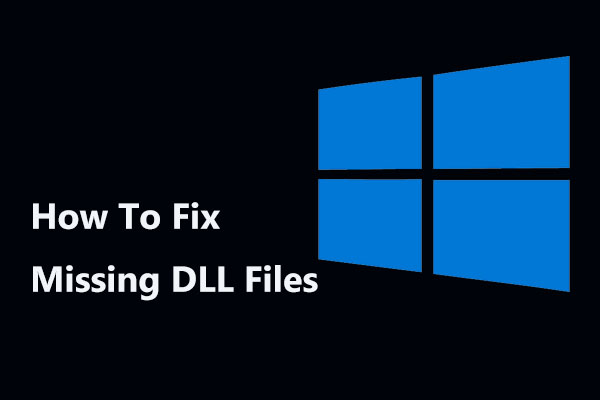Dynamic Link Libraries DLLs are a fundamental MFCDLL ponent of modern software development. They offer numerous advantages that contribute to efficient development, improved performance.
Code Reusability: DLLs promote code reusability by allowing multiple applications to share MFCDLL mon functions and resources. Developers can create DLLs with reusable code modules, reducing redundancy and saving development time.
Modularity: DLLs enable modular programming, allowing developers to break down MFCDLL plex applications into smaller, manageable MFCDLL ponents. This modular approach enhances maintainability, facilitates updates, and promotes scalability.
Reduced Memory Usage: When multiple applications utilize the same DLL, memory usage is reduced. DLLs are loaded into memory once and shared by multiple applications, resulting in efficient memory utilization.
Improved Performance: DLLs can significantly improve application performance. By separating frequently used code into a DLL, developers can optimize the performance of critical functions and enhance overall application speed.
Easy Updates and Bug Fixes: DLLs enable easy updates and bug fixes. Instead of updating entire applications, developers can release updated DLLs, allowing users to replace specific DLL files without reinstalling the entire software.

Version Control: DLLs support version control, enabling developers to maintain different versions of the same DLL. This feature is crucial when dealing with MFCDLL patibility issues between applications and ensuring seamless integration between different software MFCDLL ponents.
Language Independence: DLLs can be written in different programming languages. This language independence allows developers to utilize DLLs across projects written in various programming languages, fostering interoperability.
Efficient Resource Management: DLLs help in managing resources effectively. By centralizing resources like images, icons, and localization files in DLLs, developers can efficiently manage and update these resources across multiple applications.
Flexibility: DLLs offer flexibility in software design. Developers can design applications in a modular fashion, allowing for easy customization and extensibility by adding or replacing DLLs without modifying the entire application codebase.
Encapsulation: DLLs promote encapsulation by hiding internal implementation details. Developers can expose only necessary functions and data structures, protecting the underlying code and providing a clean interface to interact with the DLL mfc140u.dll not found.
Code Organization: DLLs provide an organized structure to the software development process. By dividing code into separate DLLs based on functionality, developers can maintain a clear codebase and improve collaboration among team members.
Rapid Prototyping: DLLs facilitate rapid prototyping and development. Developers can create DLLs with core functionality, allowing quick testing and iteration while building the application’s main framework.
Simplified Deployment: DLLs simplify the deployment process. By distributing DLLs separately, developers can minimize the size of application installations, making it easier to distribute and install software.
Plug-in Support: DLLs enable plug-in support, allowing third-party developers to extend and enhance existing applications. Developers can create DLLs with specific functionality that can be loaded as plug-ins, expanding the capabilities of the host application.
MFCDLL munity Collaboration: DLLs encourage MFCDLL munity collaboration and development. Developers can share DLLs with others, contributing to open-source projects or collaborating on shared libraries, fostering innovation and knowledge exchange.
